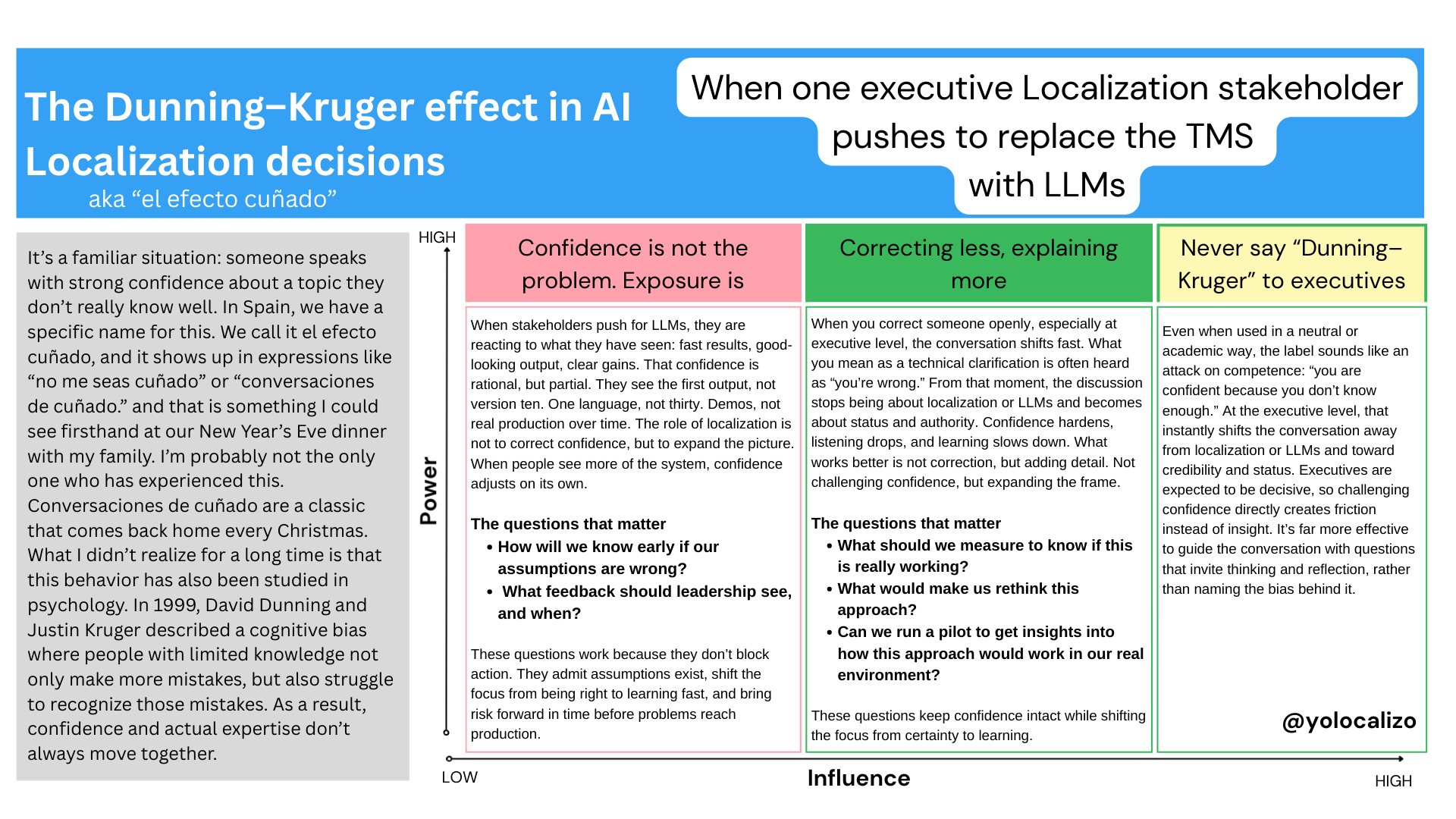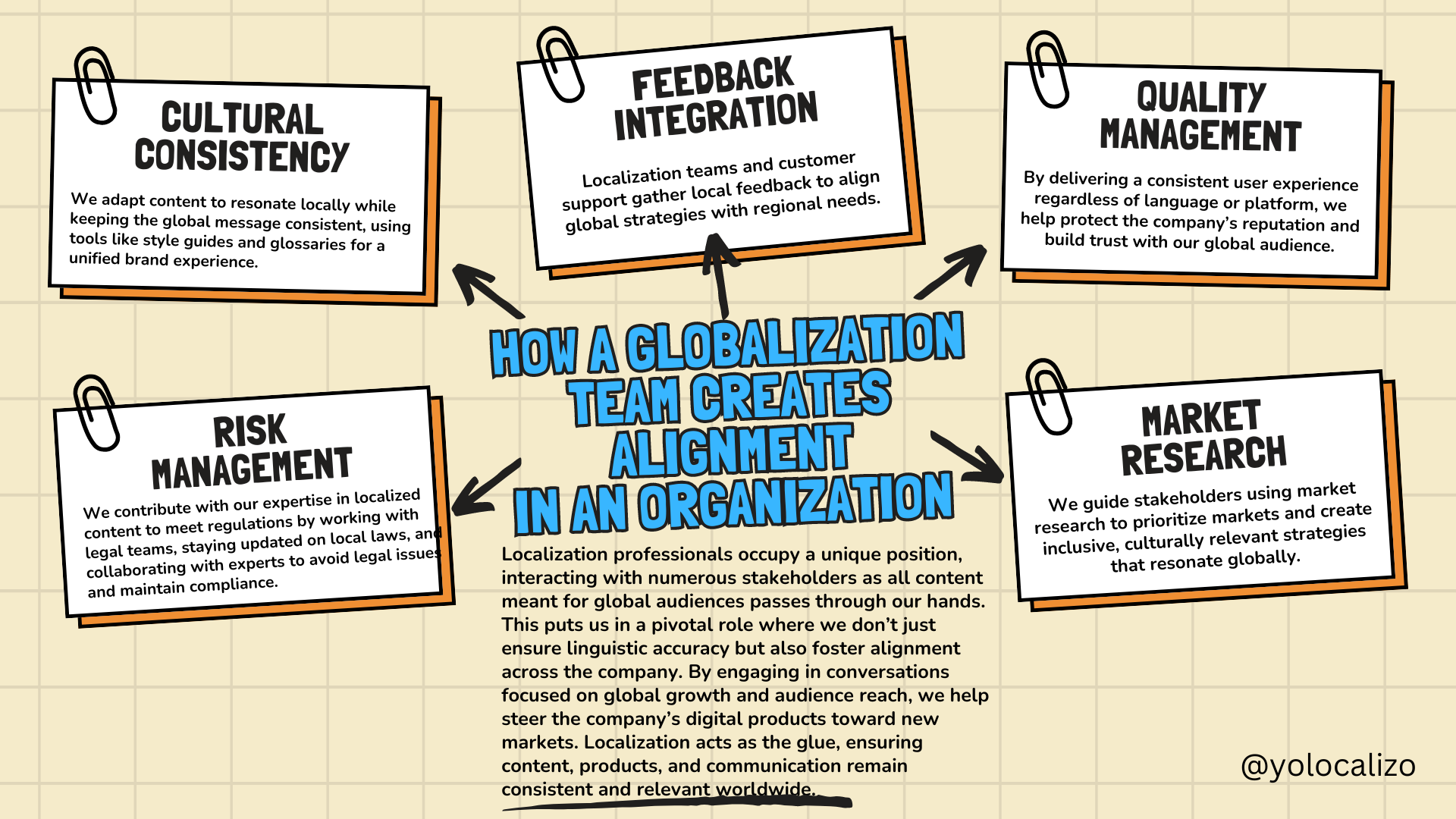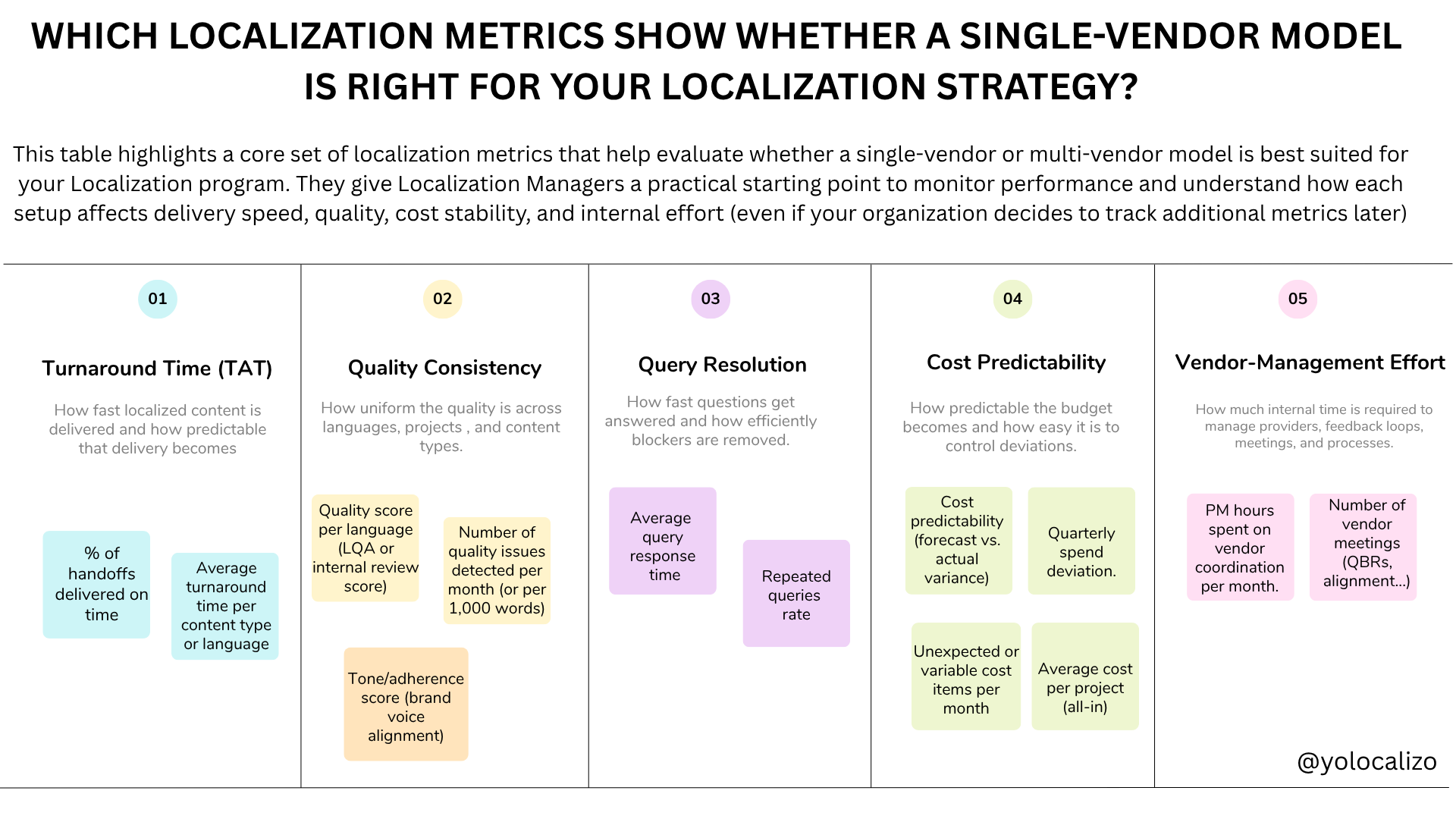Why cultural awareness/competency is crucial for Localization professionals
I have just returned from a few days of vacation. I needed them. Year 2 of the COVID era is getting very long for me.
In these days of rest, I spent a few days in Valencia. Valencia is a city that I like. It is a spot with good beaches and better gastronomy!
One of those days that we were there we went to a famous restaurant in the city to enjoy their successful rice dishes. The restaurant was full of people, but as we were eating on a large terrace with enough space between tables, the feeling of overwhelm and fear of the virus was less.
I was so looking forward to enjoying a paella after so many months of being "stuck" at home!
There were people from different backgrounds enjoying the paellas. I could identify Italians, Americans, Japanese, of course, Spaniards, and a couple of tables from some eastern country that I could not guess their country of origin. There was only one waiter on the terrace to serve all the tables. When I sat down, he greeted us effusively, very friendly, and I was struck by the fact that he was working alone in the terrace area. I first thought that it would take forever to eat, but no, I was wrong. I was surprised by the efficiency of the waiter, but I was even more surprised by his ability to interact culturally with the different customers.
The Italians or Americans, he treated them with a more friendly, fun and friendly, but respectful tone. To the Japanese, he was even more respectful, paying attention to every detail. He gave the feeling that he knew that the quality standards of the Japanese are very high. His ability to empathize with the customers in the restaurant was really admirable. He talked to the Italians about soccer and congratulated them on the Euro Cup. To the Japanese, he praised them for the impeccable organization of the Olympic games... A Very nice waiter and with a very high capacity to handle himself well at a multicultural level.
I think our localization industry has a lot of similarities with what I experienced eating there that day.
Our industry is set up in such a way that multiculturalism is the norm. I am very happy that multiculturalism in the field of project management and leadership is something we must focus our attention on to be successful.
Developing a broad understanding of how to interact efficiently with our peers or providers is a challenge that almost all Localization project managers face daily.
This time-intensive communication and the vast number of stakeholders we interact with can quickly lead to a chain of misunderstanding, confusion, and frustration. But as I see it, instead of running away from this problem or complaining bitterly about "how rare are the people who work with me," what we should do is to see this as a challenge or a positive thing to embrace.
Most of a Localization/Project Manager's time is spent communicating with team members, stakeholders, or sponsors. The paradox is that we have to spend a lot of time interacting with people from different backgrounds, but generally, project managers are not educated or attuned to cultural diversity.
There must be a better way to approach this whole intercultural communication and cultural competency thing than trial and error, right?
Well, that's what I want to explore this week in my post. I want to write in this first post-vacation post about what we can do to level up our cultural competency.
Let's start with a definition of culture.
Culture can be defined as a shared set of attributes of any group by which this group organizes its living together.
Usually, communication problems at the cultural level are defined either by laziness in learning the cultural patterns of the members with whom we interact, or in many cases, it is also as a result of our "cultural arrogance" in which we behave according to our ideas, and our way of doing things.
Cultural awareness in the localization industry is a complex field, but don't worry, all this is solvable, as long as there is an excellent predisposition to improve in that area. Cross-cultural literacy involves openness to change and flexibility.
There are several questions for consideration by any Project Manager regarding the team that should be asked; questions ranging from What is the best way to handle communication among the team who comes from different cultures to how do I resolve cross-cultural conflict among them.
Investing time in identifying these cultural barriers is a good start; self-awareness and identifying blind spots are crucial.
Loc industry leaders have to interact with so many people that the skills related to Project Management are relatively easy to acquire compared to the skills we need to deal with people! Human beings are much more complex than any process or machine.
In this respect, it is essential to pay attention to developing and improving our cultural intelligence. It is essential to see ourselves in the role of localization leaders as negotiators, as diplomats, as ambassadors of the culture.
Localization project managers must influence, negotiate and collaborate with other departments and teams to obtain resources and understand task dependencies.
The ability of these project managers to build relationships and identify how to bring out the best in others is a critical skill. And bringing out the best in others requires a customized communication strategy that takes into account and respects that every person, every culture is unique.
Improving our cultural competence is crucial
Improving it will help us build partnerships. An LPM needs to learn to be effective in a matrix environment. He has to learn to manage the expectations of each individual in the group, he has to learn to decode the group environment. And how is this done?
Self-awareness is the first and most important step in raising our cultural competence.
It all starts with increasing our self-awareness, our perceptions of others. We need to spend time studying different cultures, but we must do so in a way that does not fall into typical stereotypes. To escape the stereotypes of putting cultures in boxes, the best thing to do is to rely on the data and studies available on the subject.
When we move away from stereotypes and towards data, we are in a position to be more effective in our relationship-building role. Data is everywhere these days, so let's take advantage of it! In this case, we can improve our cultural competence with the help of the Lewis Model.
The Lewis Model is based on data drawn from 50,000 executives who have participated in residential courses and more than 150,000 online questionnaires of 68 different nationalities.
According to Richard D. Lewis, several hundred national and regional cultures around the world can be broadly classified into three groups
1. Task-oriented and highly organized planners (Linear Active) 2.
2. People-oriented, talkative interrelationalists (Multiactive)
3. Introverted, respectful listeners (Reactive)
This classification helps to understand behaviors when dealing with people from different cultures. It also helps to avoid offenses and to understand the reaction of those concerned. And avoiding offending someone is very important when our goal is to build relationships between different people!
A localization professional interacts with a lot of people.
In the course of any given day, a person working in the G-localization sector can easily interact with a dozen different nationalities, with different cultural backgrounds. Can you imagine how effective we could be if we faced these relationships full of stereotypes and prejudices towards others?
For this reason, working on our cultural competence is crucial. I found Lewis' model very useful and I think it helps us to be great negotiators and good communicators.
The ability to build relationships and understand how to get the best out of others is a fundamental skill that a project manager must have to be effective in a matrix environment. Being an effective Project Manager is much more than the tools and techniques we are taught at the Project Management Institute or similar certification centers,
Being an effective Project Manager in our industry is like being a diplomat, an ambassador of cultures as the waiter who helped us to enjoy a very good meal in this restaurant.
If you liked this article you might also be interested in these other articles in which I analyze different ways to improve our cultural competence and thus be more effective in this wonderful multicultural industry in which we work.
Cultural Intelligence - the future of management!
Why we’re Probably Not as Inclusive Managers/Leaders/Peers as we think. Developing Inclusive and Culturally Intelligent Leaders
How can we be Intercultural savvy in the Localization industry?
Why Cultural Intelligence is Important in a Remote Team
Cultural Intelligence: Why do I have to be the one adapting to others?
@yolocalizo


















For a long time, localization was treated as a pure execution task: translate fast, deliver on time, and stay invisible. That model worked when content volumes were lower and speed was the main challenge. As AI becomes part of everyday workflows, this approach is no longer enough. Translation itself is not the hardest part anymore. The real challenge is deciding what content deserves attention and how AI fits into the broader content ecosystem. This shift highlights a deeper change: moving from simply translating content to actively managing it.